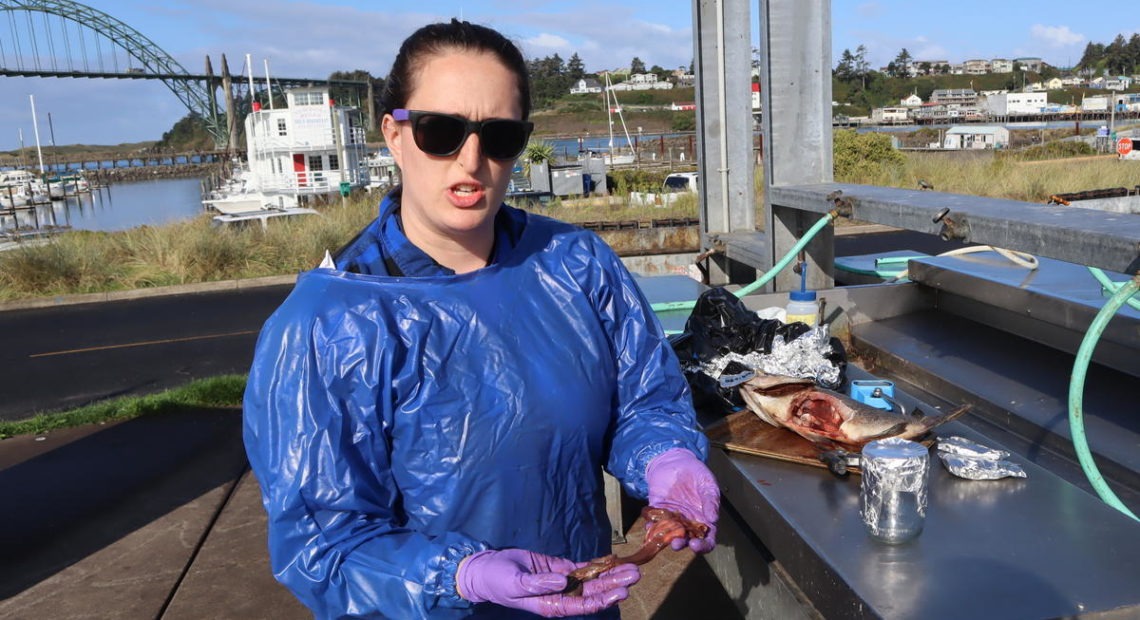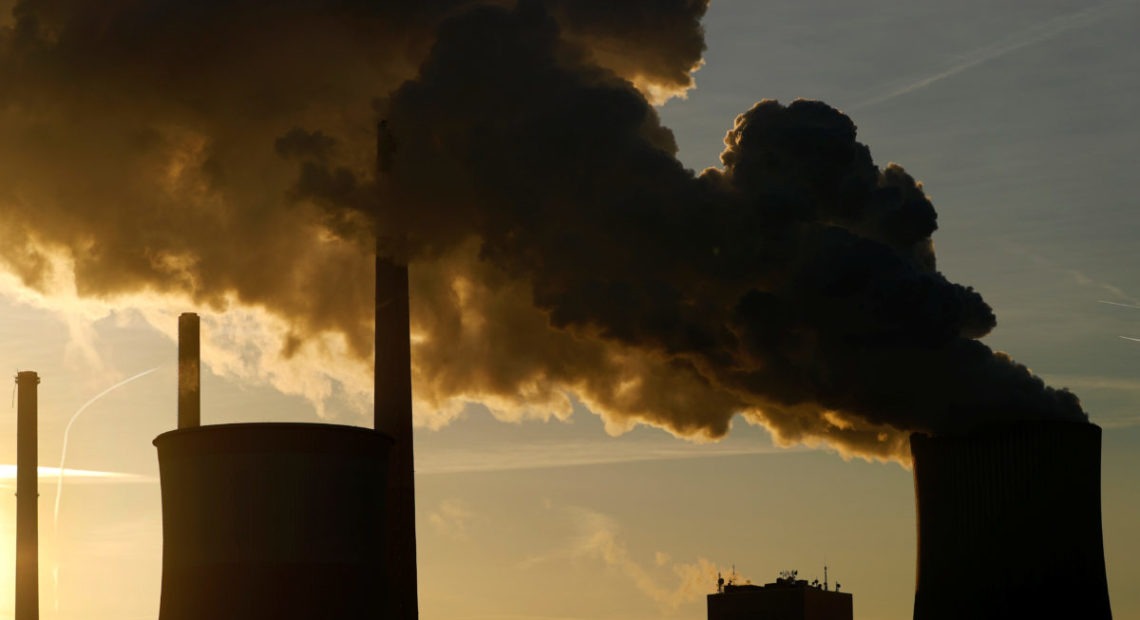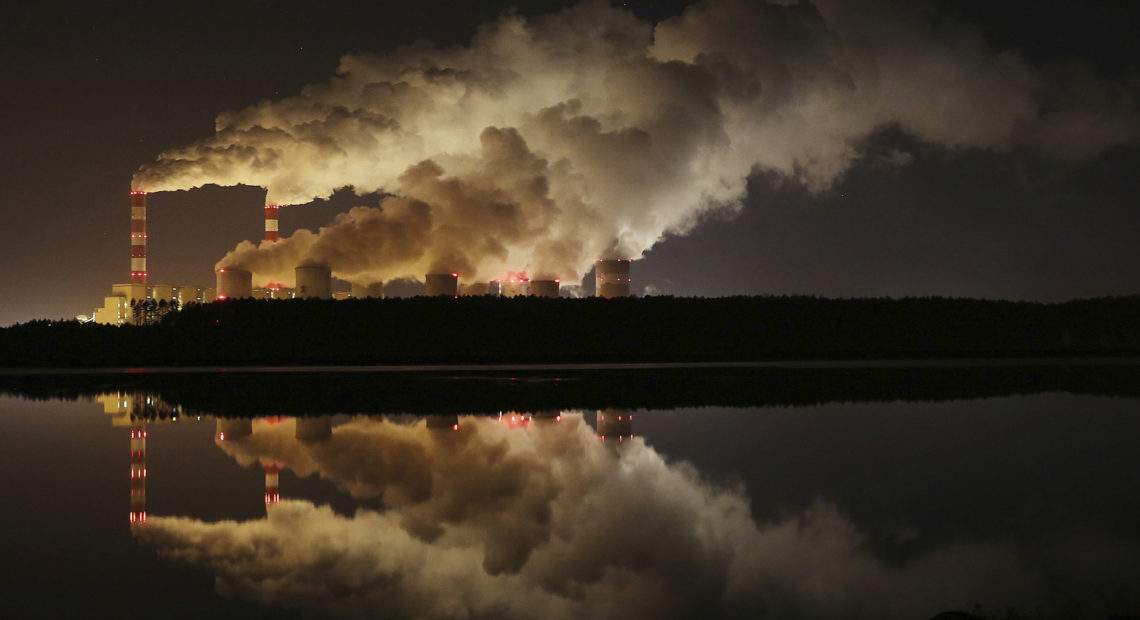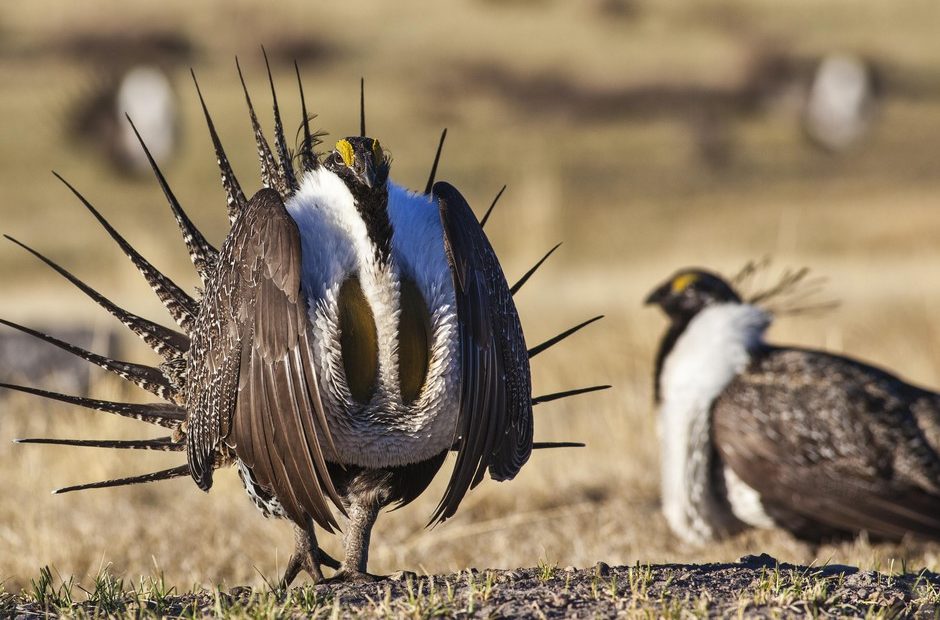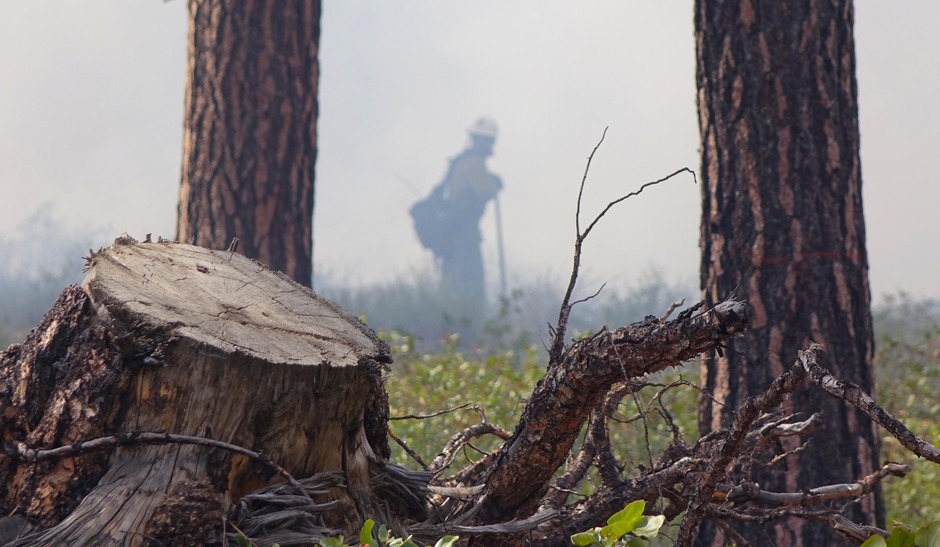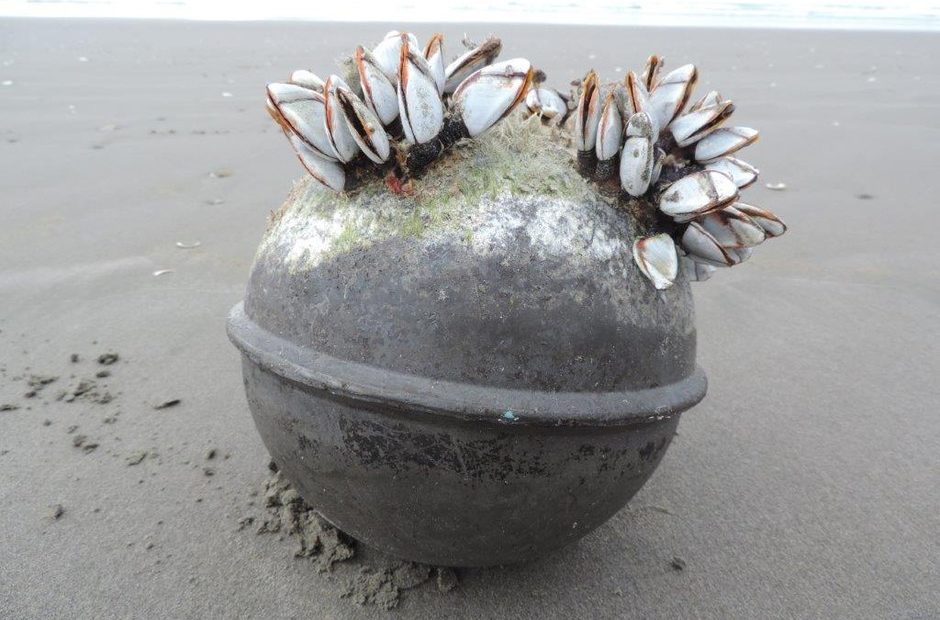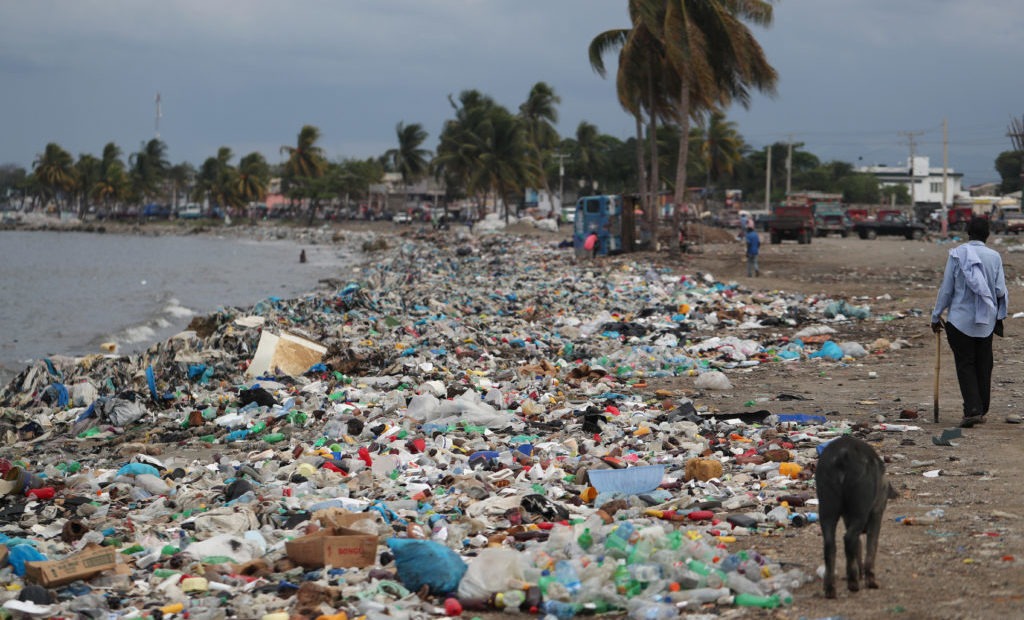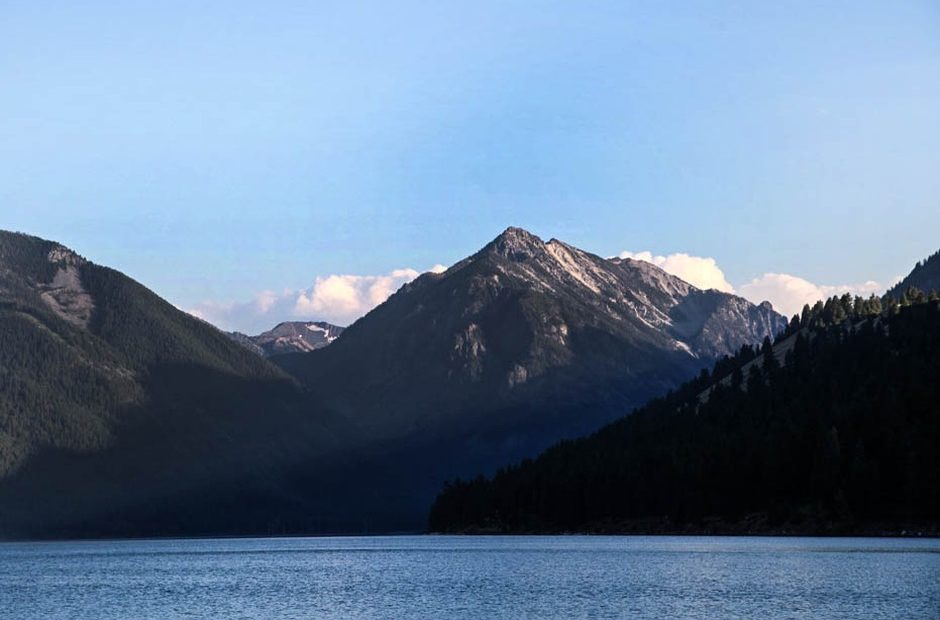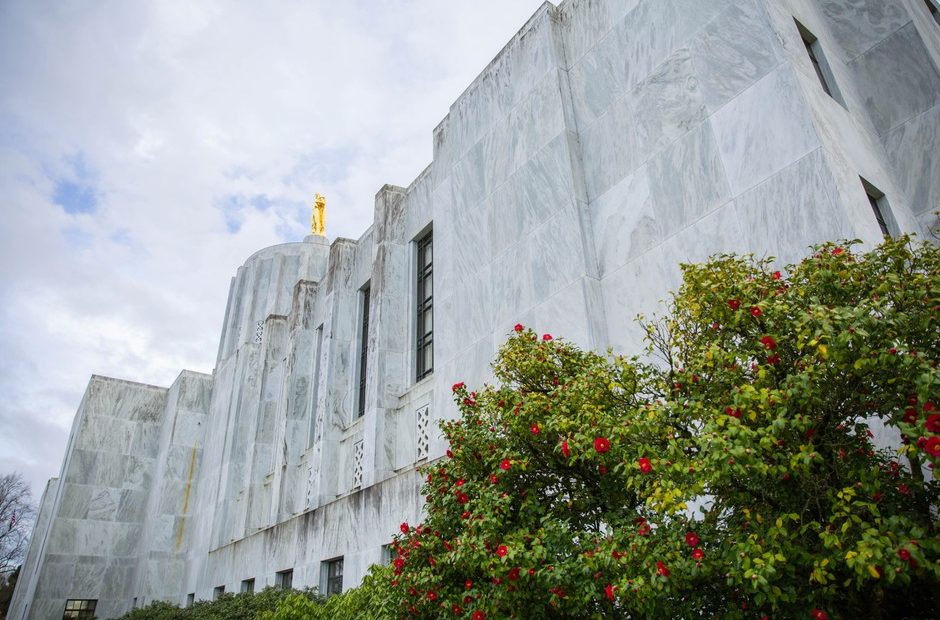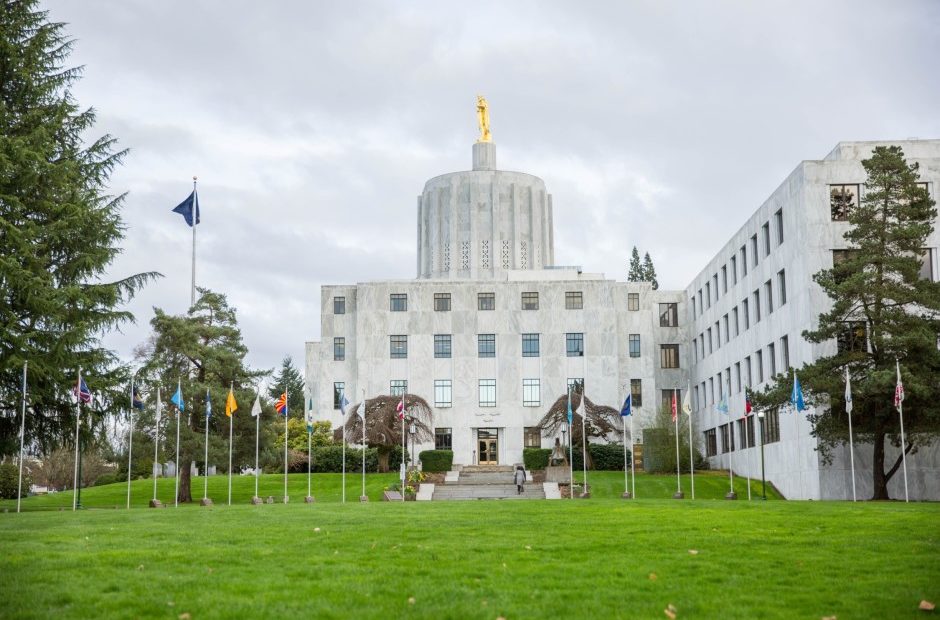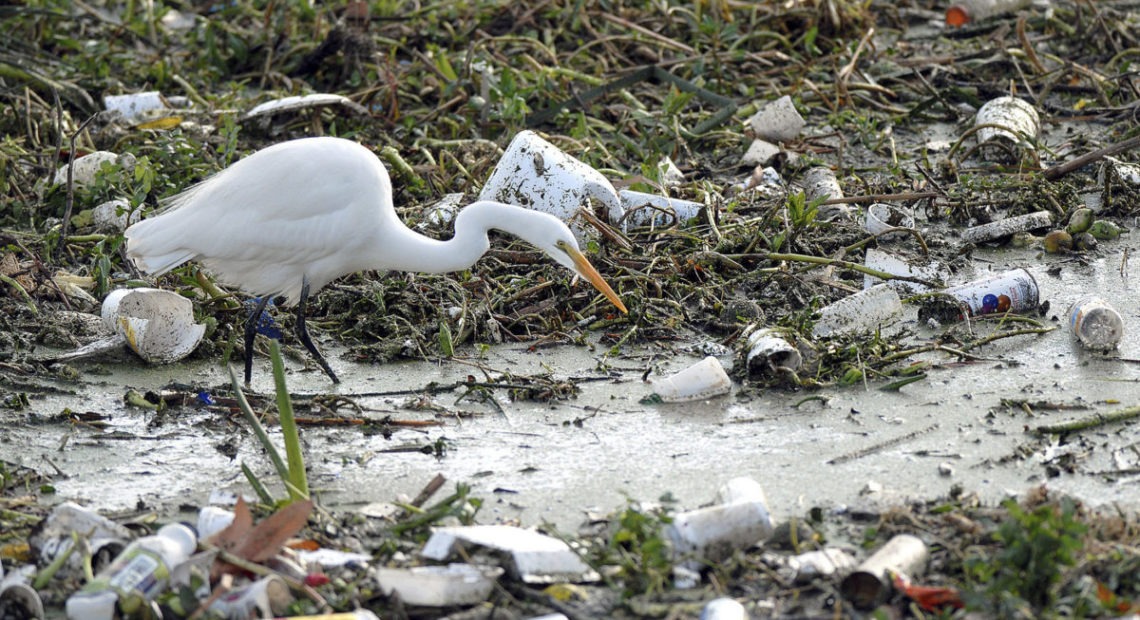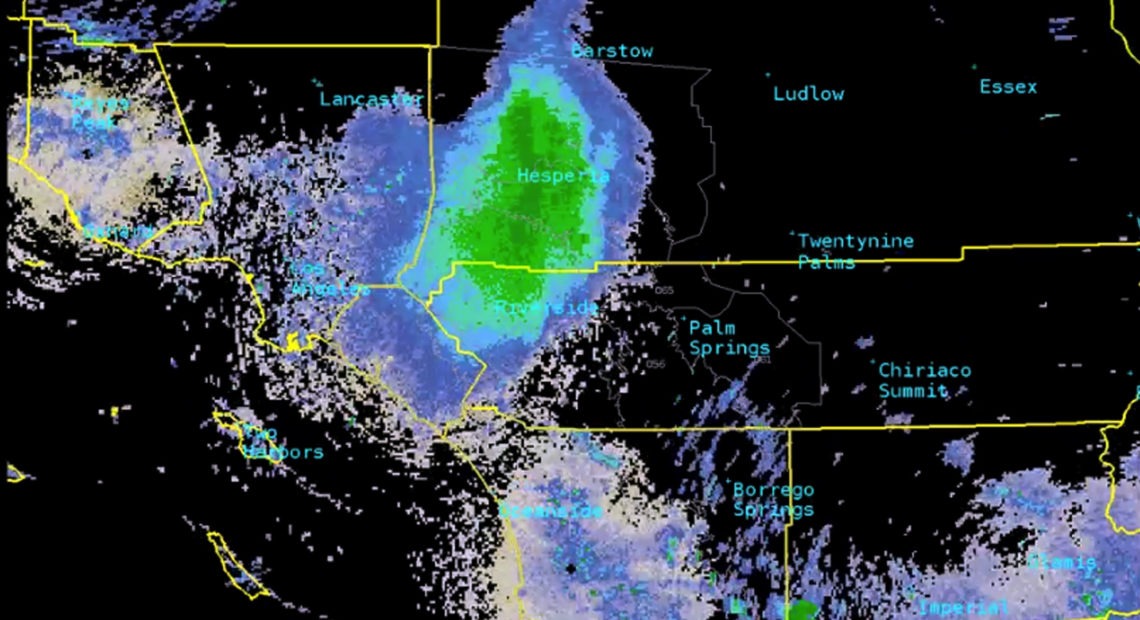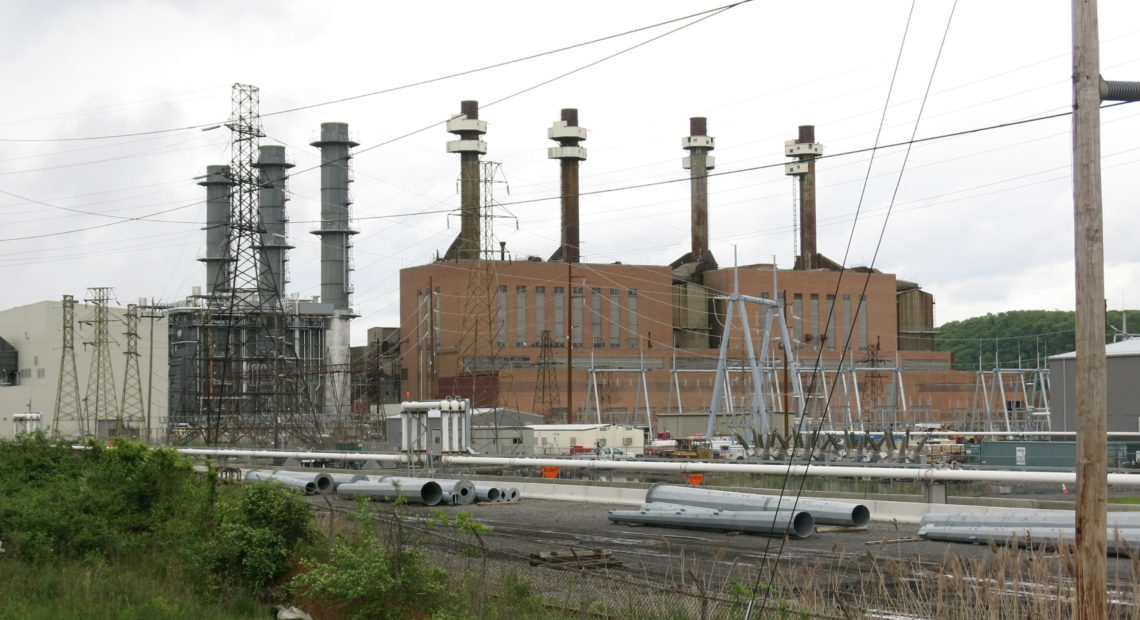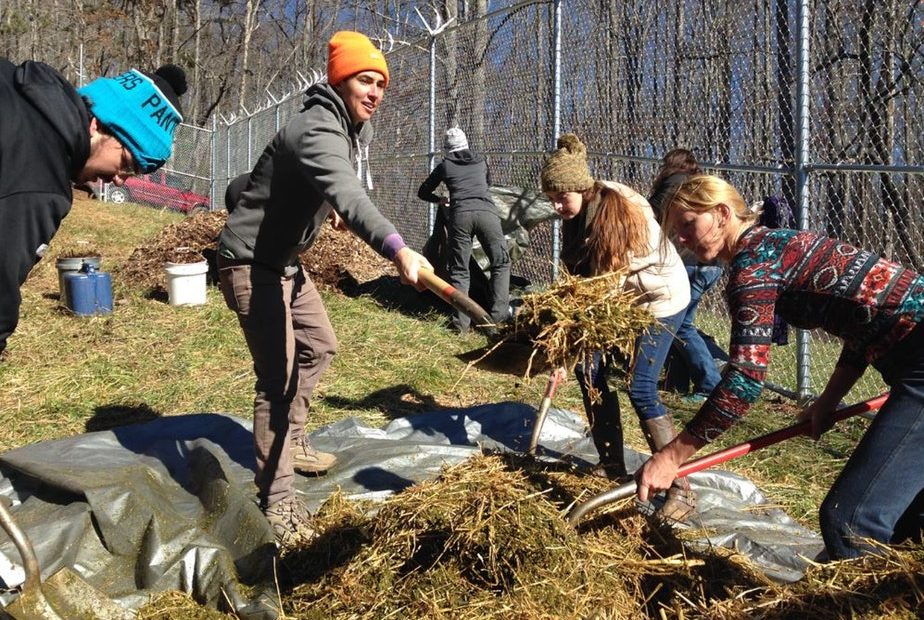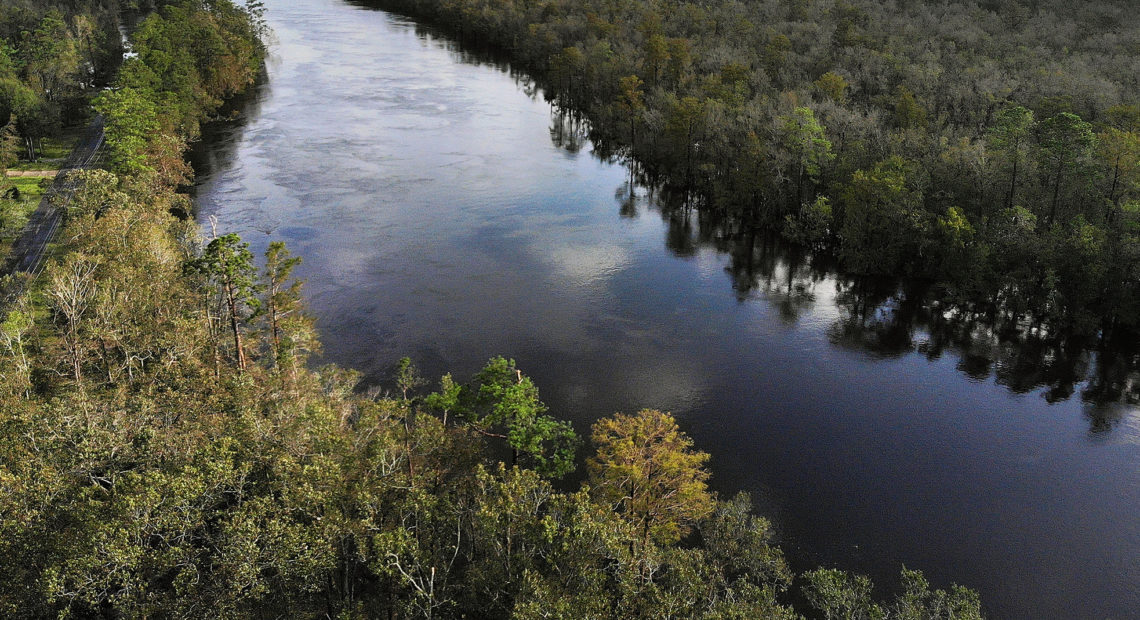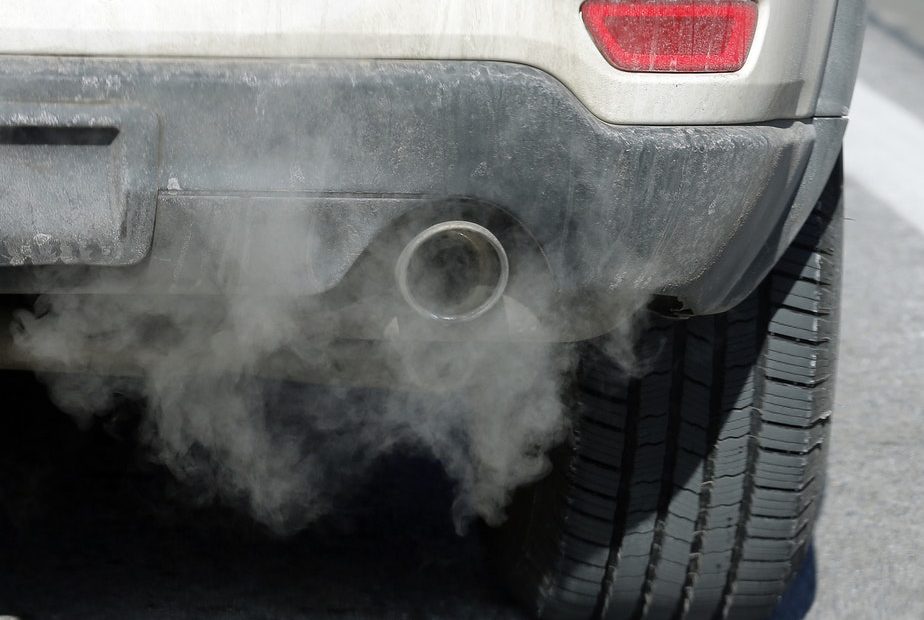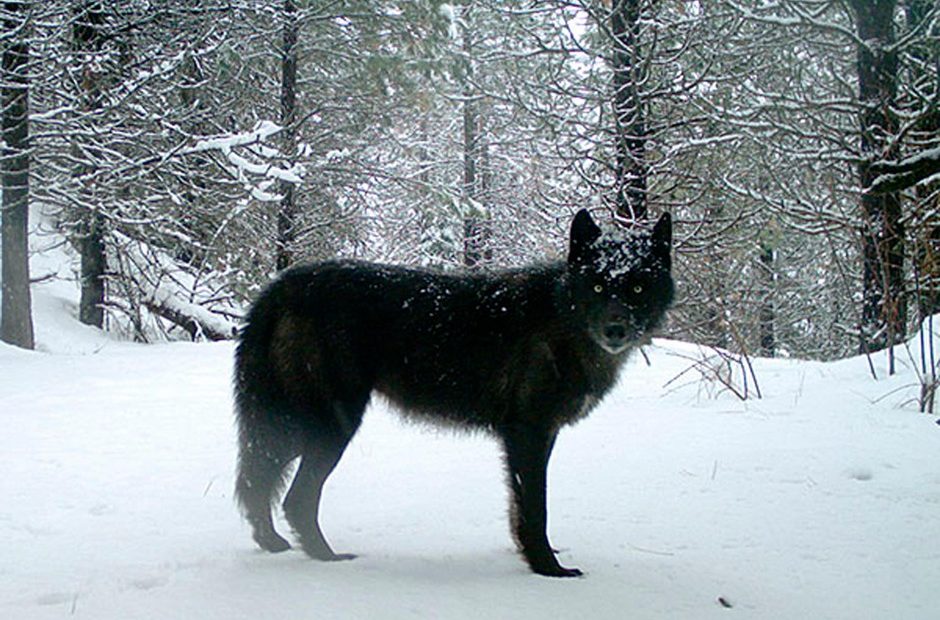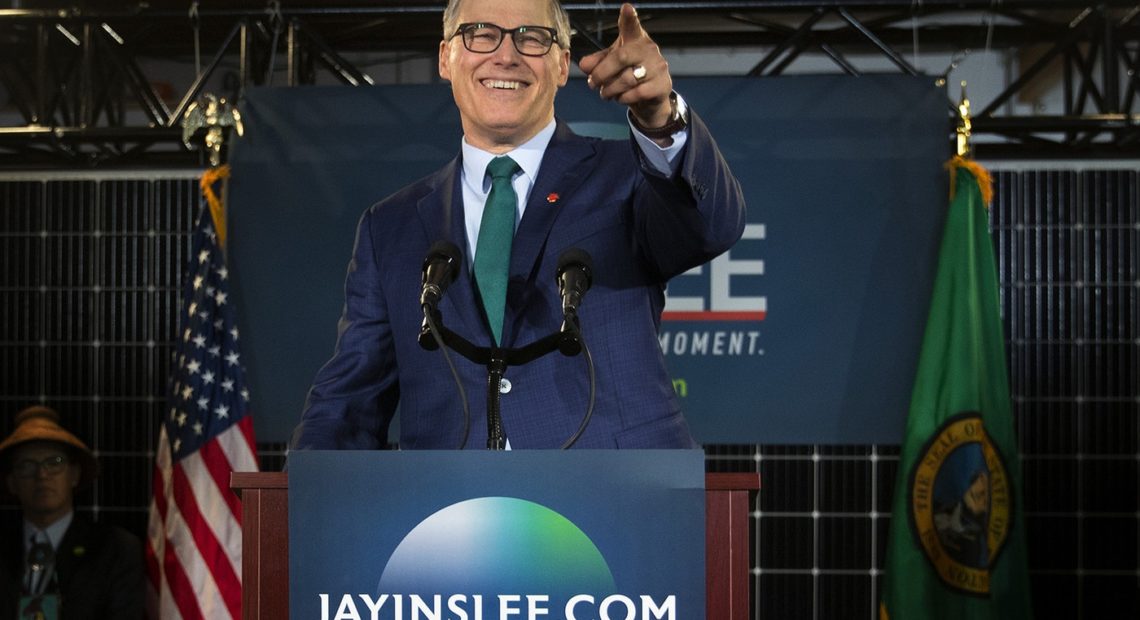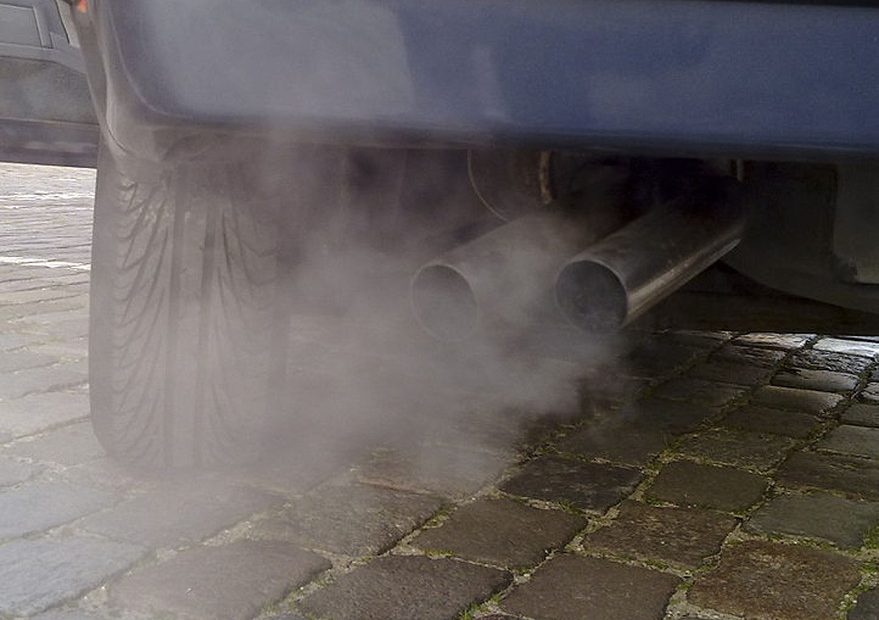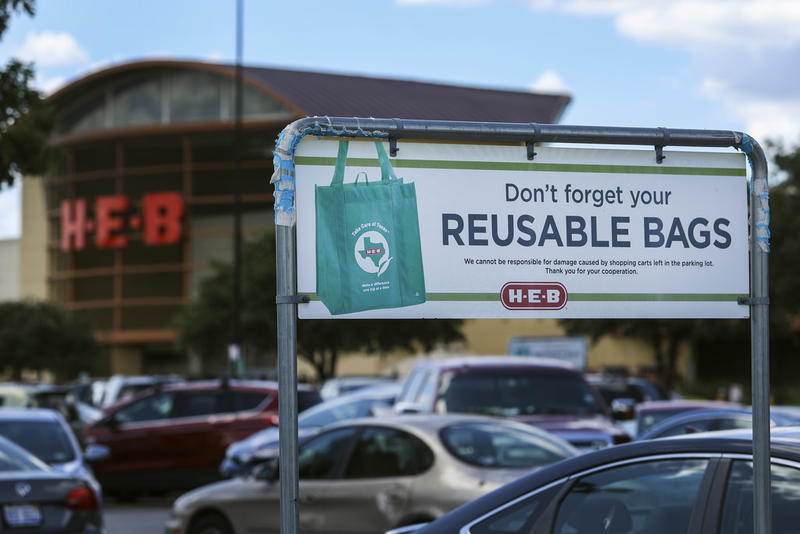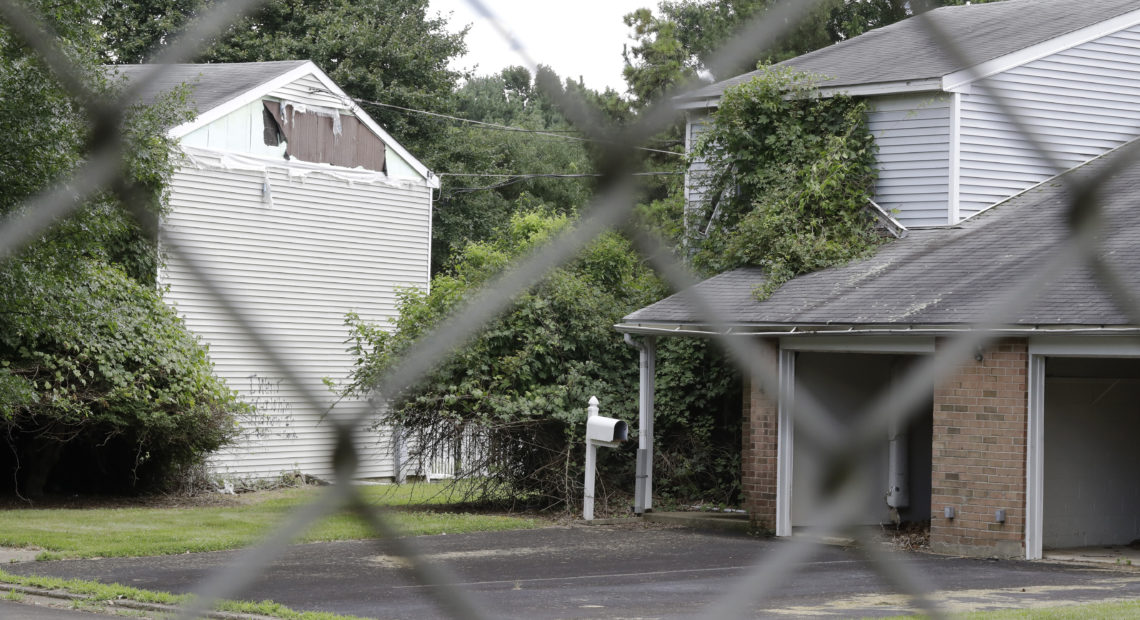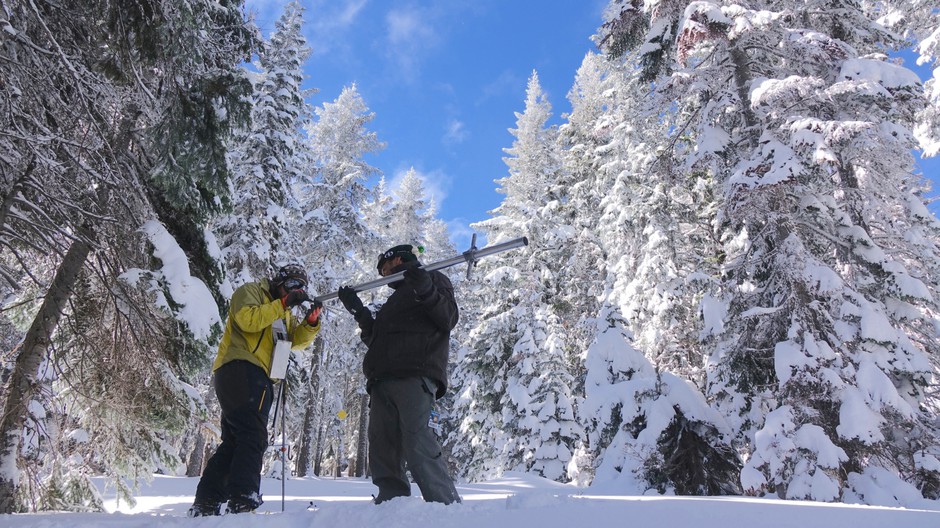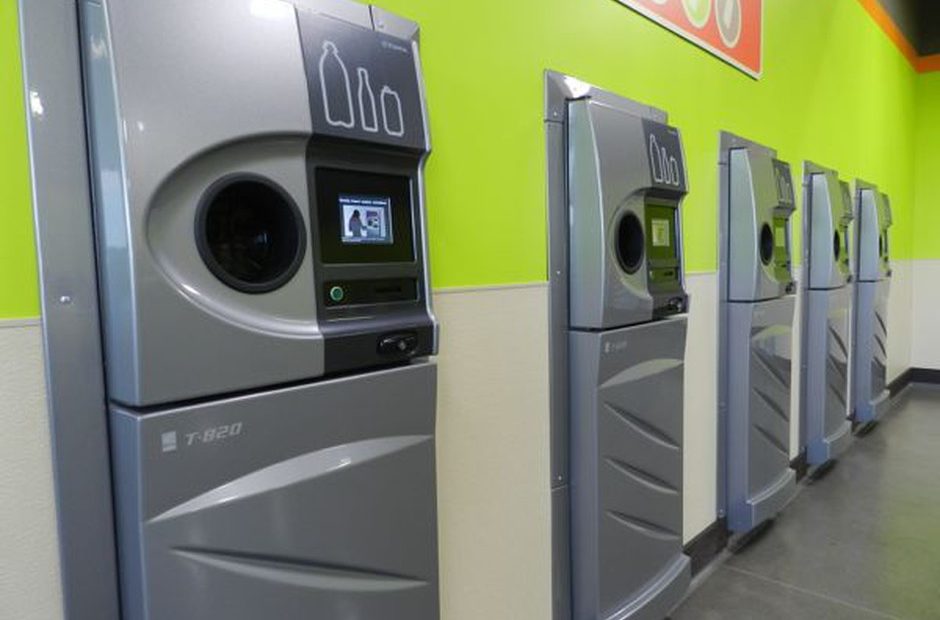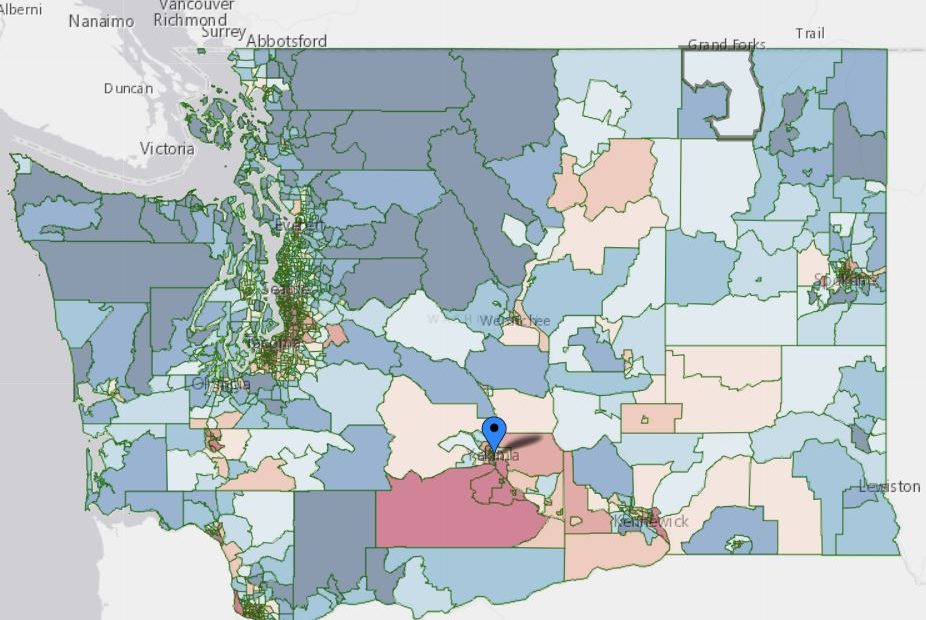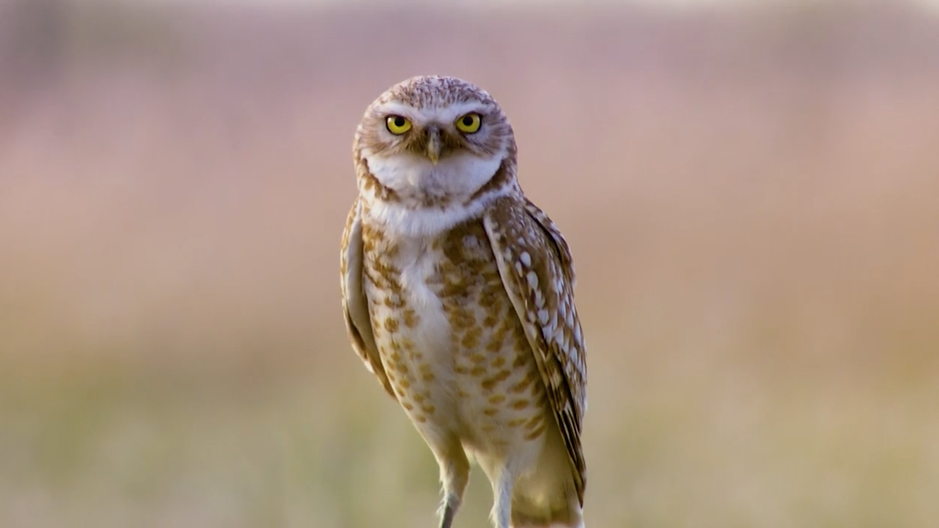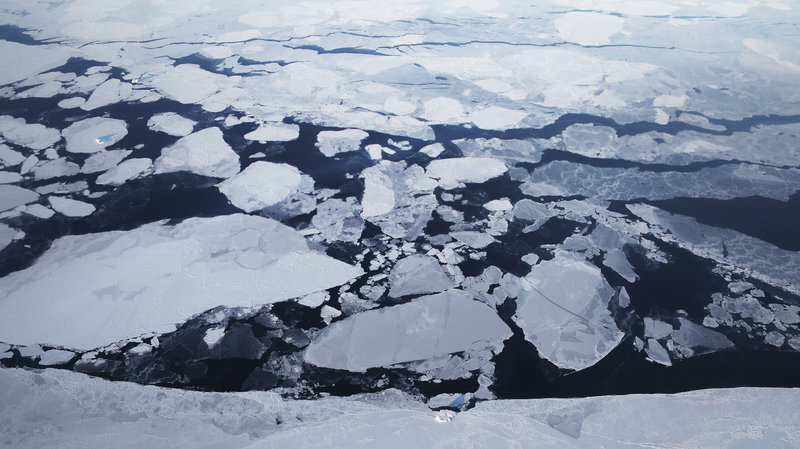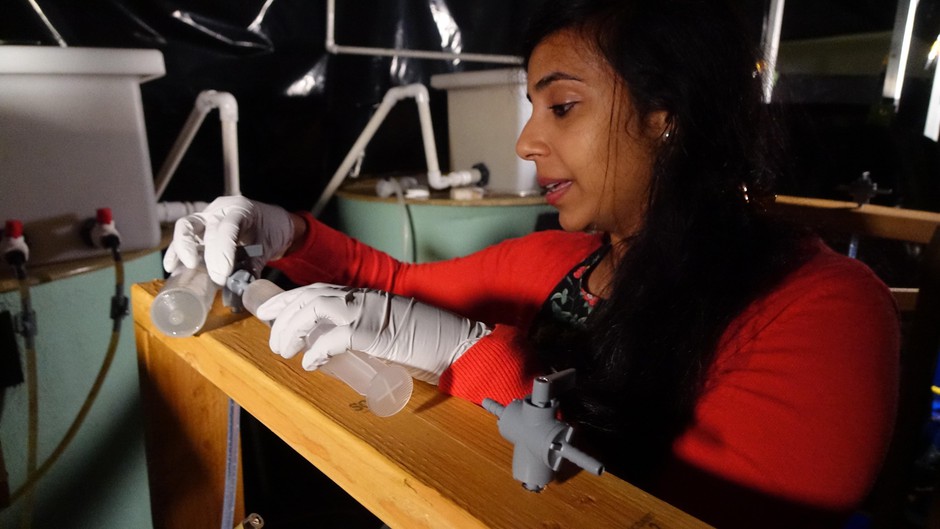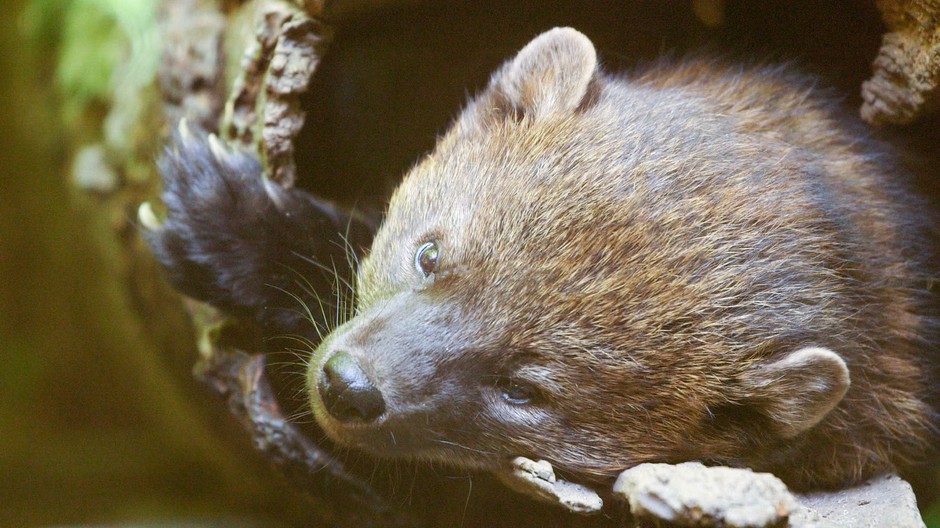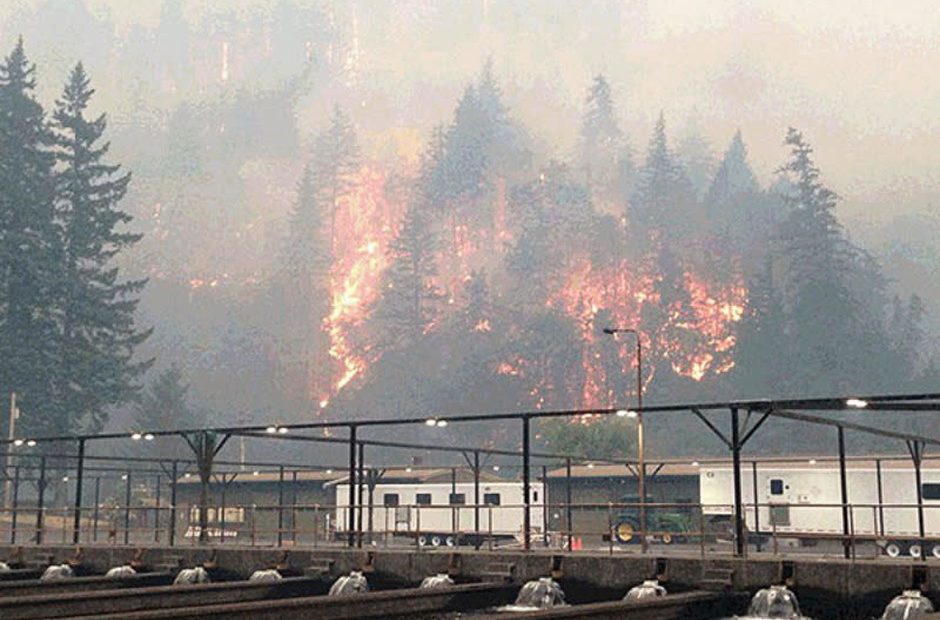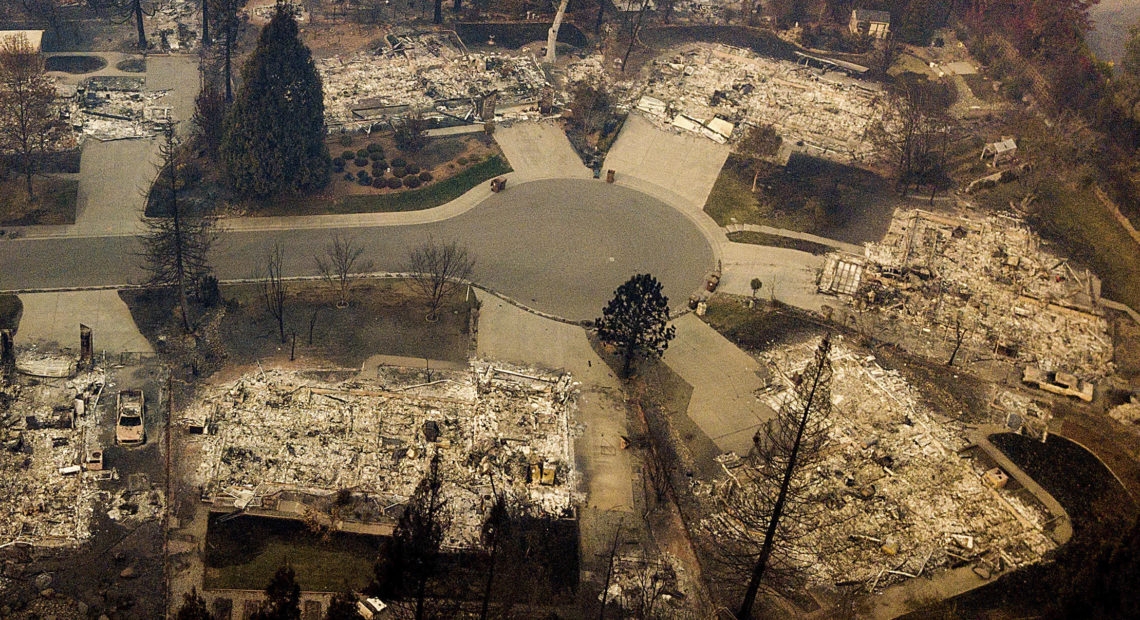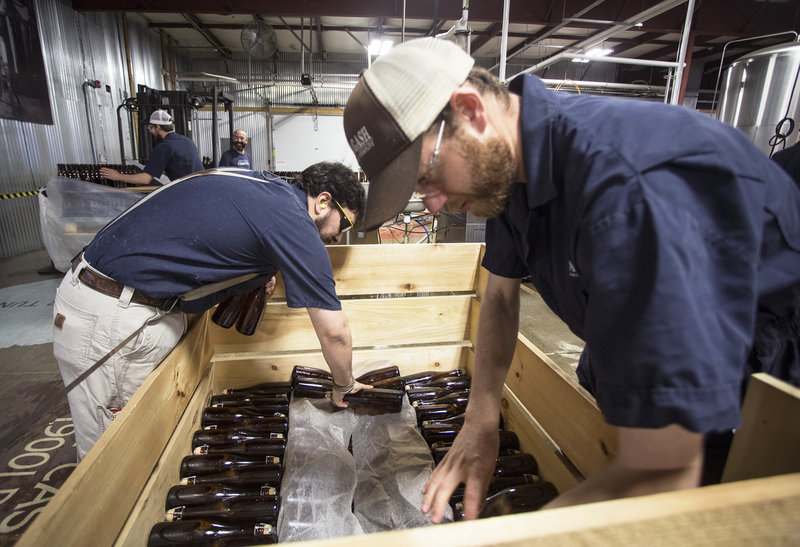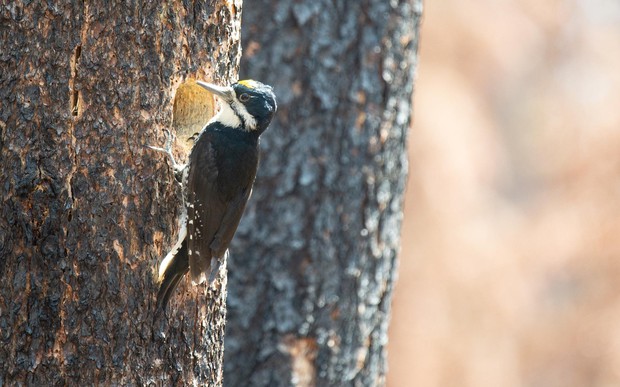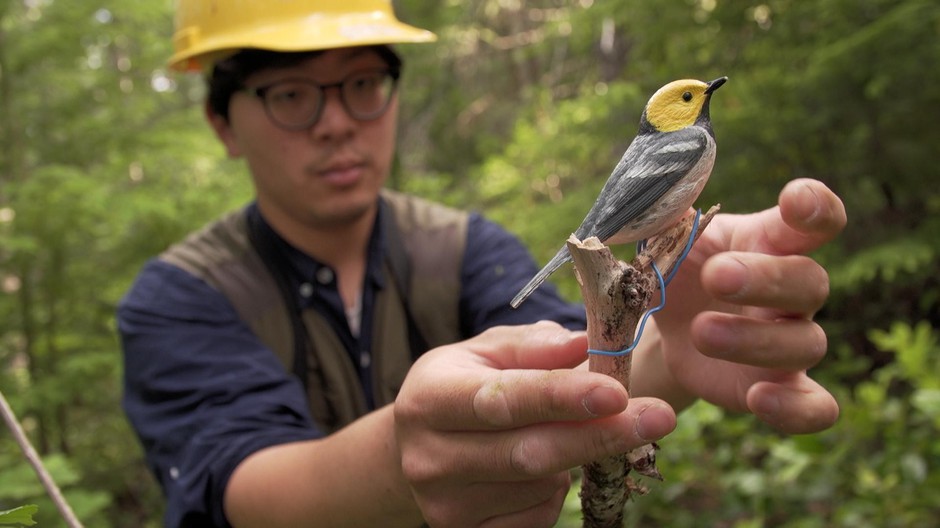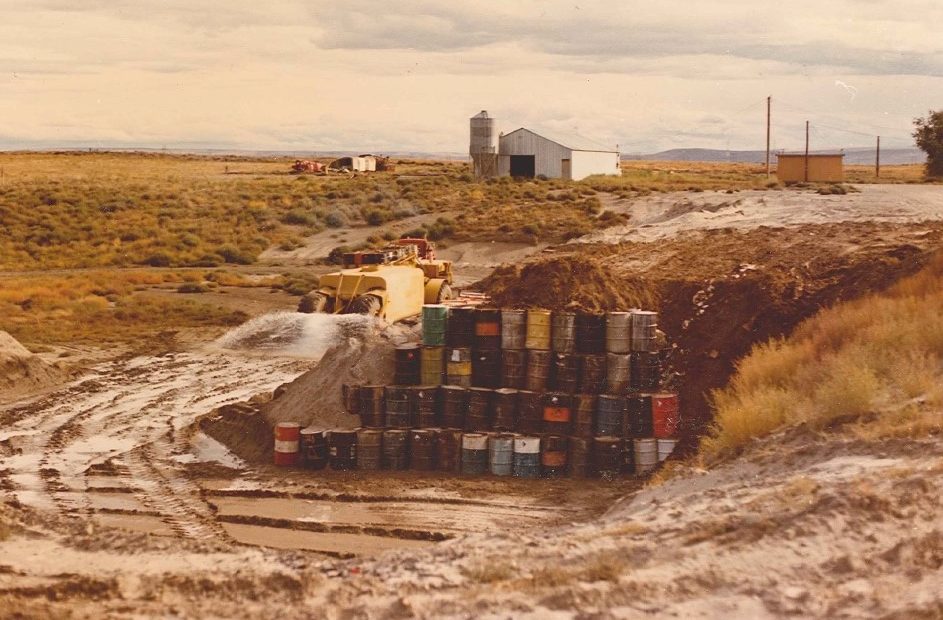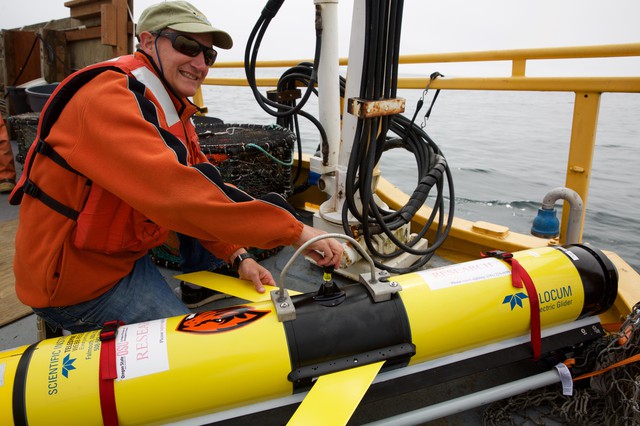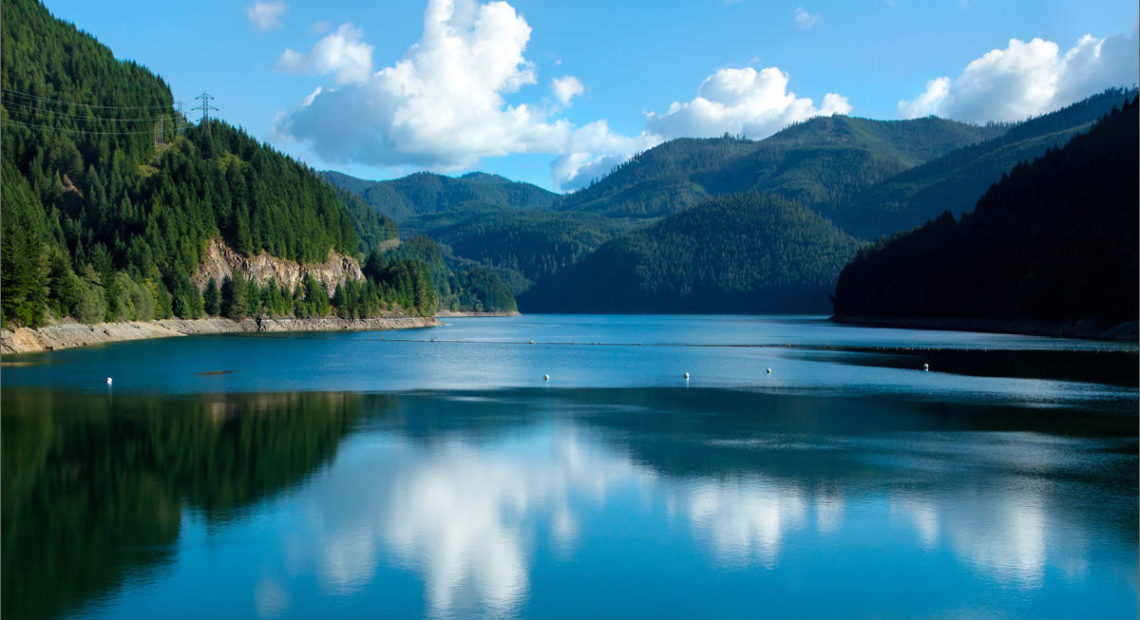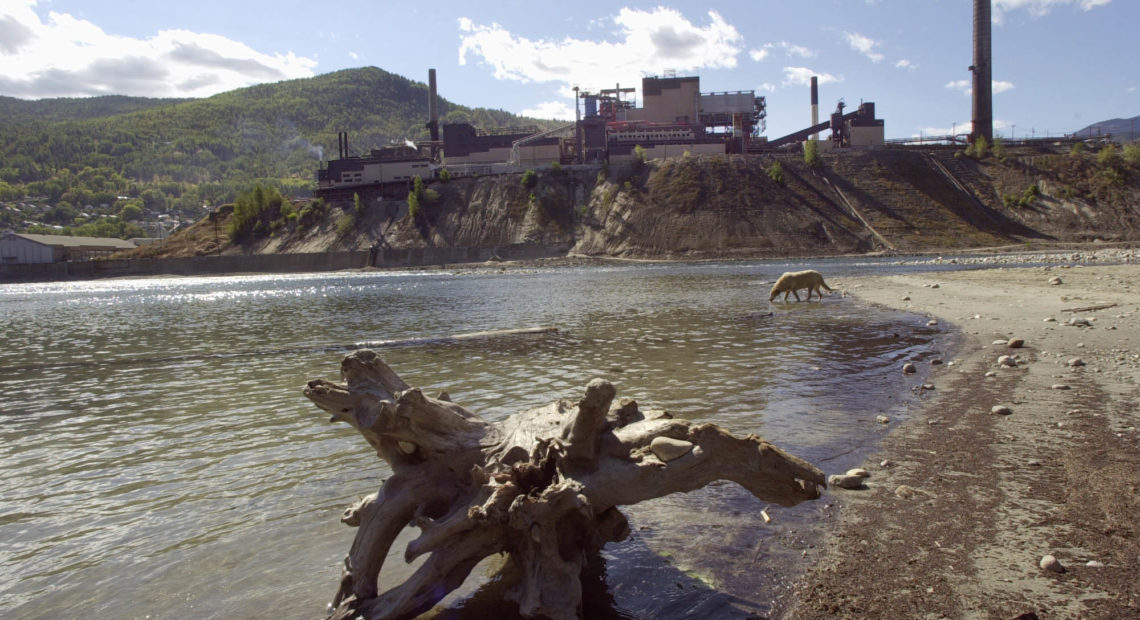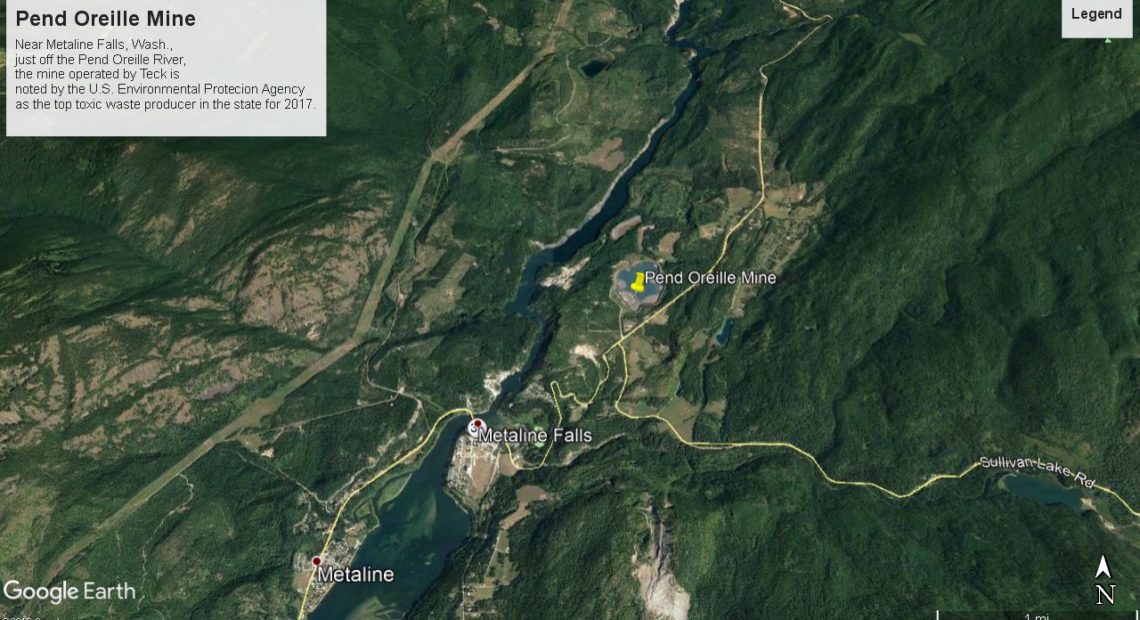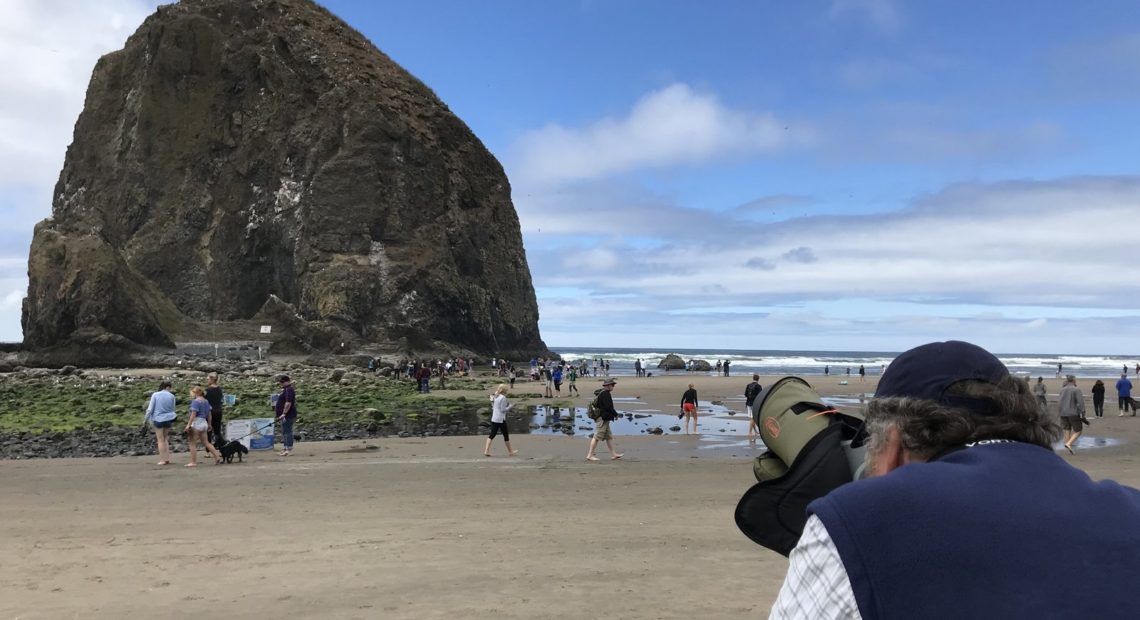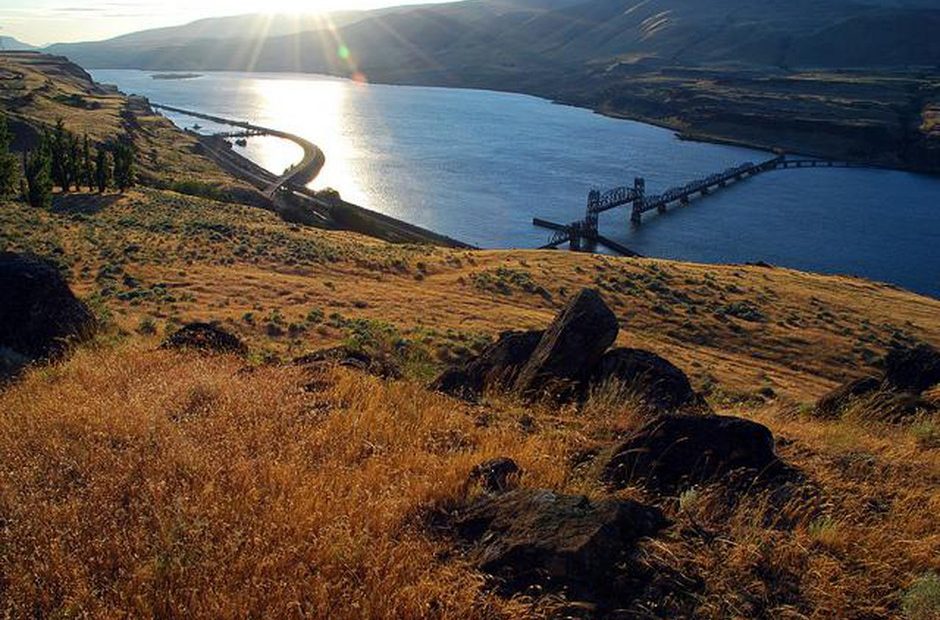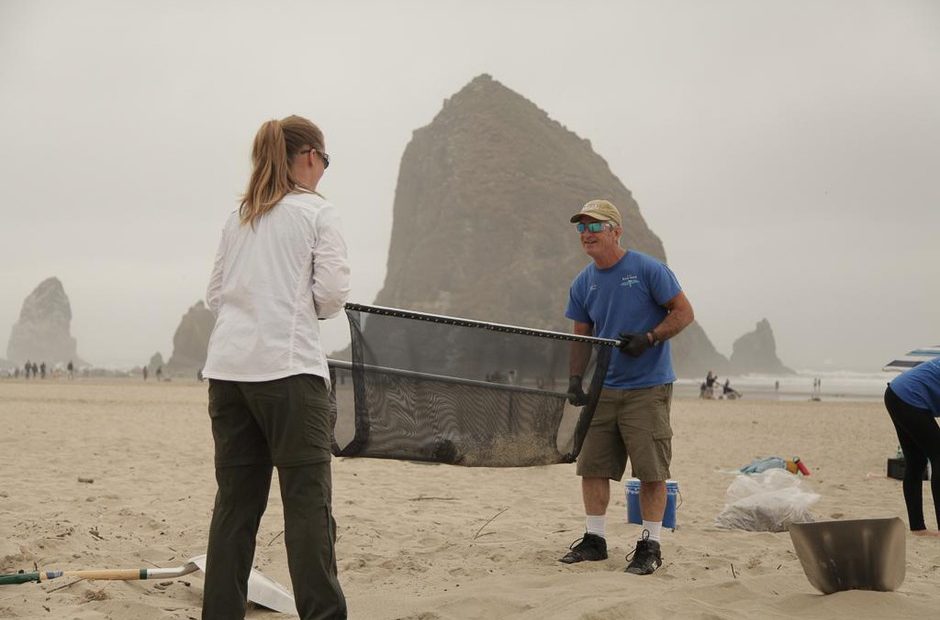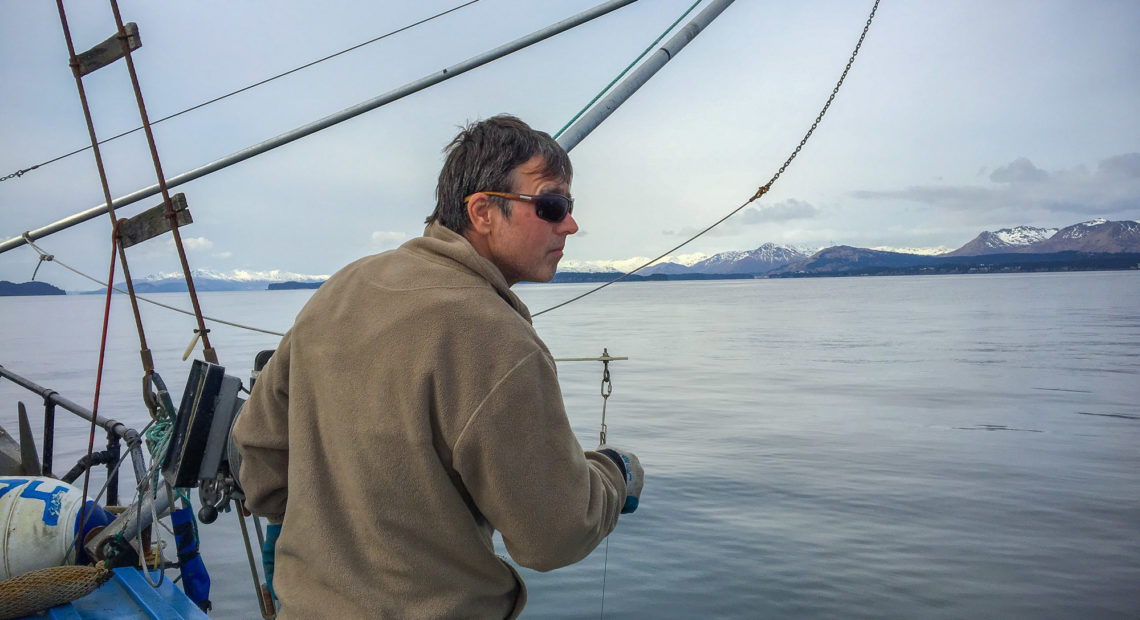Plastics in the ocean food chain has become a hot topic for local scientists, for similar reasons city and state policy makers and activists are debating plastic bag bans and how to reduce plastic straw and bottled water usage. All are concerned that the world's oceans are awash in plastic trash and fibers.Read More
10 countries account for approximately 70 percent of the world’s emissions, and all except one — India — are not on pace to meet the climate goals needed to prevent 2 degrees Celsius of warming. Read More
Humanity is not on track to avoid the most catastrophic impacts of climate change. Delegations from nearly 200 countries are meeting to discuss promises they made to reduce greenhouse gas emissions.Read More
Airlines like Alaska, United and Delta are looking into biofuel production. It’s a trend experts say will keep growing. The Northwest is playing a big role in several experiments airlines are helping fund.Read More
The move comes as the Environmental Protection Agency’s Administrator Andrew Wheeler signed the repeal Thursday of the Waters of the United States rule — the first step in a two-step rule making process. Read More
Moving imperiled sage grouse from one spot to another can be hard on the birds. But research from Washington State University suggests that after a restless adjustment period, the birds eventually get used to their new homes.Read More
The U.S. Forest Service is proposing to reduce the public’s role in shaping the way it applies federal environmental laws to projects on public lands. The agency says the changes would help land managers “make timelier decisions based on high quality, science-based analysis.”Read More
The 2011 earthquake and tsunami that ravaged Fukushima, Japan, also triggered tsunami warnings for our coastlines here in the Pacific Northwest. And while the resulting waves did not turn out to be catastrophic when they reached our local shores, those same forces delivered a wake-up call.Read More
As consumers rebel against plastic waste, there's a growing question: Do we invent something people can toss without harming the environment or do we change people by giving them a chance to reuse?Read More
After almost 10 months of waiting, residents of Joseph, Oregon, can feel more confident drinking their water and swimming in nearby Wallowa Lake, according to lab test results released Thursday.Read More
The so-called “Stay Strong Stay Gone” rally marked the latest backlash over bills seeking to reduce greenhouse gas emissions in Oregon. Loggers, truckers, farmers and their supporters had all come, they said, to urge 11 Senate Republicans who’ve been absent from the statehouse since last week to remain in hiding.Read More
Senate President Peter Courtney, D-Salem, says Oregon’s sweeping plan for addressing climate change this legislative session does not have the votes to pass. But it’s not clear whether that will be enough to bring Senate Republicans back to work. Read More
For the second time this legislative session, Oregon Senate Republicans prepared Thursday to stage a walkout, denying Democrats the ability to pass legislation. It’s the latest step in a standoff over sweeping climate change legislation.Read More
The Environmental Protection Agency has begun removing potentially contaminated barrels from Wallowa Lake. Despite initial fears, the barrels seem to have been full of lake water, though the EPA is waiting for test results to confirm that the water and barrels are indeed clean.Read More
From Vancouver to Halifax, plastic plates, plastic bags and plastic straws may be on their way out. But a possible country-wide prohibition on certain single-use plastic products may not address the spread of the most insidious plastic litter, some scientists say.Read More
Meteorologists in Southern California were puzzled by the big green blob on their radar — it looked like a rainstorm on what was a clear day. Then they discovered it was beetles. Read More
Coal-fired power plants keep closing, and communities around the country must decide what to do with those sites. Pennsylvania has a plan, aiming to create new jobs where old ones have been lost. It's a trend seen in other states, including Washington.Read More
Recomposition will be allowed at Washington's crematories starting in May 2020 under a new law signed by Gov. Jay Inslee this week. The final remains can be buried in "scattering gardens" in cemeteries or other locations by permit.Read More
PFAS are a family of chemicals accumulating in the soil, rivers, drinking water and the human body. How much exposure to these substances in clothes, firefighting foam and food wrap is too much?Read More
Washington lawmakers are developing a low carbon fuels standard. If signed into law, new rules would limit the amount of carbon coming out of car and truck tailpipes. Backers say it’s necessary to combat climate change. Critics say it will increase the price at the pump.Read More
After hours of contentious floor debate, the Washington House of Representatives passed a low-carbon fuel standard this week. The result, if the state Senate also passes it: Cleaner fuels could start flowing from gas pumps in Washington state over the coming decade.Read More
President Donald Trump’s acting interior secretary announced plans Wednesday to lift protections for gray wolves in the Lower 48. The move will likely spur controversy in the Northwest.Read More
Washington Gov. Jay Inslee announced on Friday what political observers in his state have been expecting for months: He’s running for president, and focusing his campaign on climate change. But how strong is his record tackling, in his words, “the most urgent challenge of our time”?Read More
Washington could soon join the ranks of its West Coast neighbors, requiring fuels at the pump that produce less carbon pollution. A low-carbon fuels bill passed its first big test Monday, moving out of the House Appropriations Committee.Read More
Lawmakers in both Washington and Oregon are considering bills that would ban single-use plastic bags statewide to reduce plastic pollution.Read More
The chemicals, which are linked to health problems, have contaminated drinking water and soil in many parts of the United States. Critics say the EPA is not acting fast enough to limit them. Read More
Climate change is playing out in significant ways in Oregon, with evidence in the form of more severe wildfires, lower summer stream flows and diminishing winter snowpacks, according to the state’s fourth annual climate assessment report.Read More
Oregon’s bottle deposit system is recycling more containers than ever before despite major disruptions in global recycling markets.Read More
A bipartisan effort to make Washington the first state to legalize human composting faced its first test in front of lawmakers on Tuesday — and the idea seemed to go over relatively well. Read More
The Environmental Health Disparities Map ranks neighborhoods from 1 to 10. Ten is coded in red, meaning a higher environmental risk while 1, being the lowest, is coded in blue. On that map, Yakima County is a big, red blemish. Read More
Concern over climate change rose in late November with the release of a United Nations report on limiting global warming. “An ear-splitting wake-up call to the world,” the UN said of […]Read More
A decommissioned chemical weapons depot and a lone biologist might be the last hope for a population of burrowing owls.Read More
The Arctic has experienced the "most unprecedented transition in history" in terms of warming temperatures and melting ice, and those changes may be the cause of extreme weather around the globe, according to the National Oceanic and Atmospheric Administration's 2018 Arctic Report Card.Read More
The Trump administration wants to reduce restrictions for greater sage grouse across seven states. For the imperiled birds in Oregon, that means fewer grazing restrictions in some specific habitat. The decision has rankled conservation and hunting groups and been supported by ranchers.Read More
Apparently, salmon don’t like the smell of watercress. The aroma of shrimp doesn’t pique their interest either. And the fragrance, eu de steelhead? A definite no-go.Read More
Washington’s North Cascades will soon see the return of a small, weasel-like predator called the fisher. The carnivores have been missing from the area since the 1930s. Biologists hope the reintroduction next week will follow in the footsteps of other successful efforts in Washington.Read More
The Northwest is already seeing the effects of climate change, according to a new national climate assessment. Read More
Climate change is already causing more frequent and severe weather across the U.S., and the country is poised to suffer massive damage to infrastructure, ecosystems, health and the economy if global warming is allowed to continue, according to the most comprehensive federal climate report to date.Read More
Breweries are quite creative these days when it comes to saving energy. Double Mountain Brewery in Oregon uses refillable beer bottles, Five & 20 Spirits and Brewing turns its waste grain and water into compost for aquaculture, and Sierra Nevada Brewing Company recovers carbon dioxide from the fermentation cycle.Read More
Not all wildfire is a force of destruction. Many of our favorite Northwest plants and animals have evolved to depend on it.Read More
Increasingly hot and dry summers in Oregon and Washington have started to affect some of our most impressive travelers – the songbirds that migrate thousands of miles to breed here each spring.Read More
After nearly 20 years, a troubled landfill-turned Superfund site outside Pasco may soon have a final cleanup plan. Washington State Department of Ecology managers presented options Wednesday at a public meeting in the Tri-Cities.Read More
Scientists say warming ocean temperatures mean Oregon’s coastal waters now have a low-oxygen season, or hypoxia season, just as the state’s forests have a fire season.Read More
When toxins from algae made Salem’s drinking water potentially hazardous earlier this year, the city was unprepared to deal with both the public relations fallout from the breach and the more concrete matter of helping citizens access clean water.Read More
A federal appeals court has upheld a lower court ruling in a case that revolves around metals pollution from a Trail, British Columbia smelter dumping in the Columbia River and flowing south to Washington state.Read More
Since the late 1980s, the U.S. Environmental Protection Agency has been keeping track of big polluters through their Toxic Waste Inventory or TRI. The EPA has released their latest data for 2017. We crunched some numbers for Washington, and here are the results. Read More
A rocky outcropping on Oregon's coast is home to dozens of rare tufted puffins and, this summer, volunteer Art Broszeit — a de facto expert on the exotic cold climate birds.Read More
Two hazardous waste companies operating along the Columbia River are arguing over mercury pollution getting into the air. One company, TD*X, is accusing the other, Chemical Waste Management, of releasing mercury into the air. The report goes on to say regulators aren’t requiring strong pollution controls.Read More
With the guidance of Seaside-based conservation group Sea Turtles Forever, about 50 volunteers gathered to clean the sand near Haystack Rock using unique screen filtration systems.Read More
The cod population in the Gulf of Alaska is at its lowest level on record. Scientists say the culprit is a warm-water mass known as "the blob."Read More

